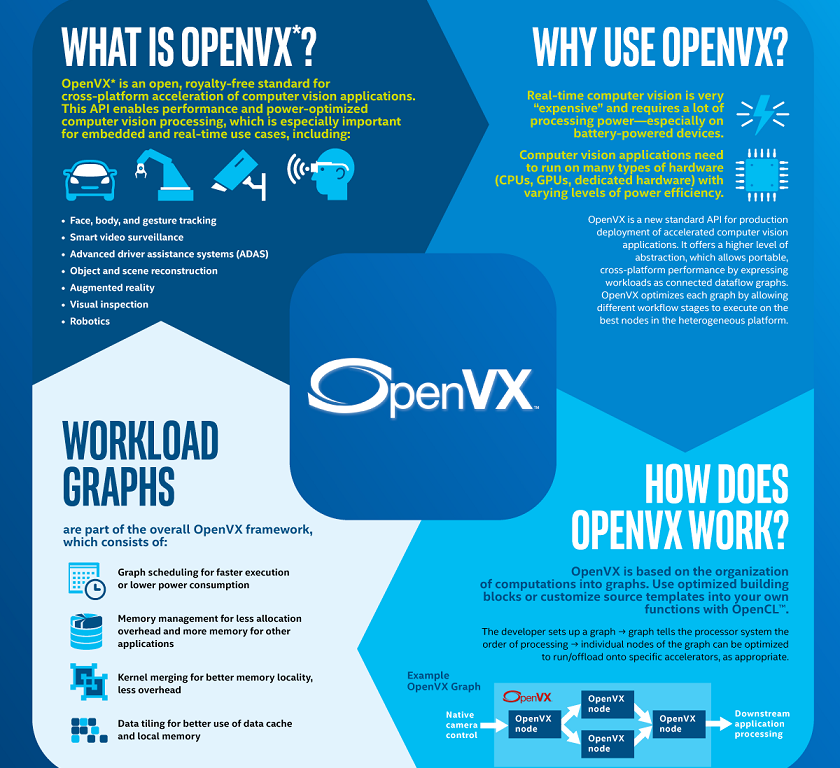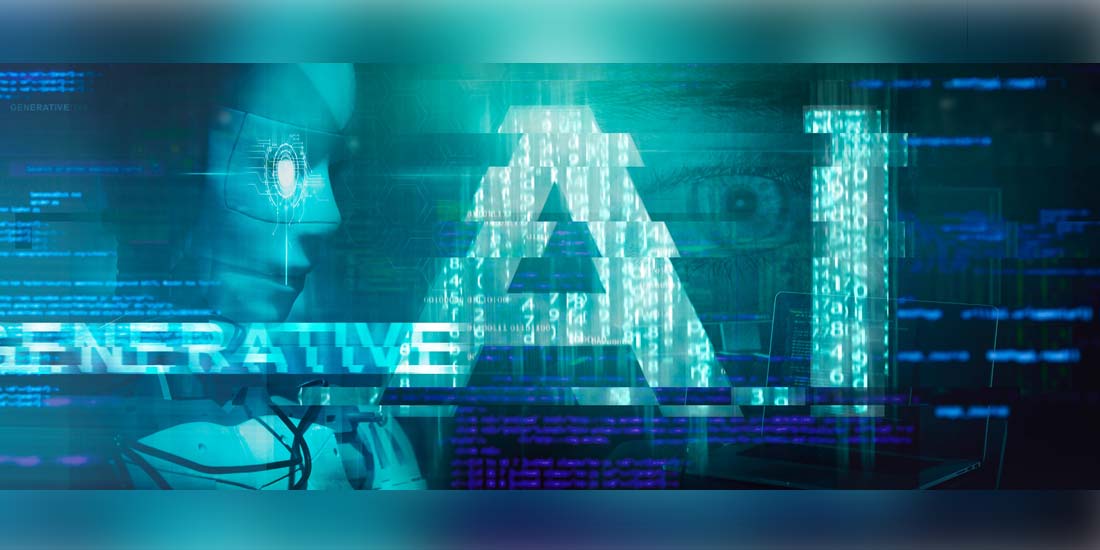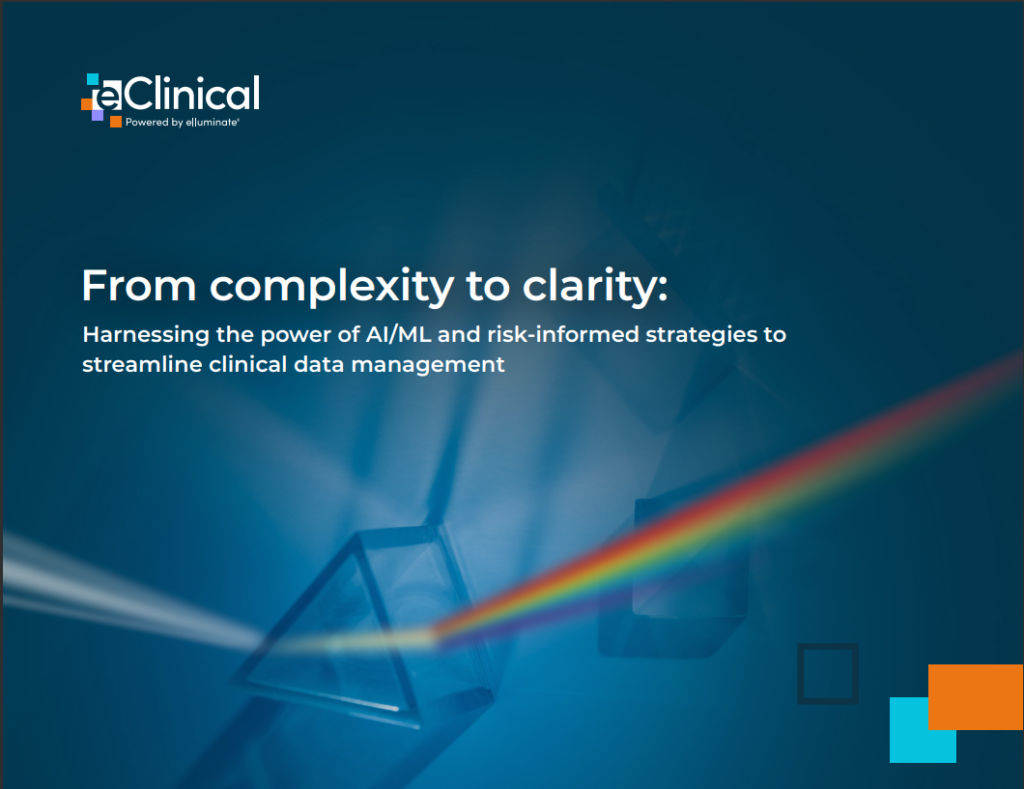In this installment of “AI Under the Hood” I introduce “Flippy” by Miso Robotics. Flippy works in fast-food kitchens, operating a frying station for example. The product was decades in the making in terms of research in robotics and machine learning. Flippy is an amalgamation of motors, sensor, chips and processing power that wasn’t possible until just the past few years. The robotic arm is poised to become a regular fixture in high-volume kitchens nationwide in the coming year.
Develop Multiplatform Computer Vision Solutions with Intel® Distribution of OpenVINO™ Toolkit
Realize your computer vision deployment needs on Intel® platforms—from smart cameras and video surveillance to robotics, transportation, and much more. The Intel® Distribution of OpenVINO™ Toolkit (includes the Intel® Deep Learning Deployment Toolkit) allows for the development of deep learning inference solutions for multiple platforms.
Developing Perceptive Machines that See and Reason Like Humans
The National Science Foundation has awarded computer scientist Subhransu Maji at the University of Massachusetts Amherst its Faculty Early Career Development (CAREER) award, a five-year, $545,586 grant, to support his work in computer vision and artificial intelligence (AI).
Where Are We with Computer Vision?
In this article, I’d like to share a nice summary of the state of computer vision from Course 4 “Convolutional Neural Networks” from the new Deep Learning Specialization series on Coursera. Dr. Andrew Ng provides some compelling observations about deep learning and computer vision with the goal of mapping out the future of this increasingly popular technology.
AI vision system PIXEVIA Recognizes Cars and People on Video in Real-time for Smart Cities
Well functioning traffic flows, real-time parking availability, increased security and swift crime solving, cost-efficient defect detection in the infrastructure or updates on road conditions – smart cities could already be taking advantage of real-time fully automated video surveillance from drones, ground vehicles with video cameras and CCTV, Lithuanian startup PIXEVIA claims.
OpenVX – The Standard for Computer Vision
OpenVX is an API enabling software developers to add hardware accelerated computer vision capabilities to their programs. Coupled with the current upswing in the use of deep learning technologies, computer vision applications with OpenVX are becoming very important. OpenVX is an integral part of Intel Computer Vision SDK. This comprehensive toolkit is for developing and deploying vision-oriented solutions on platforms from Intel, including autonomous vehicles, digital surveillance cameras, robotics, and mixed-reality headsets.







